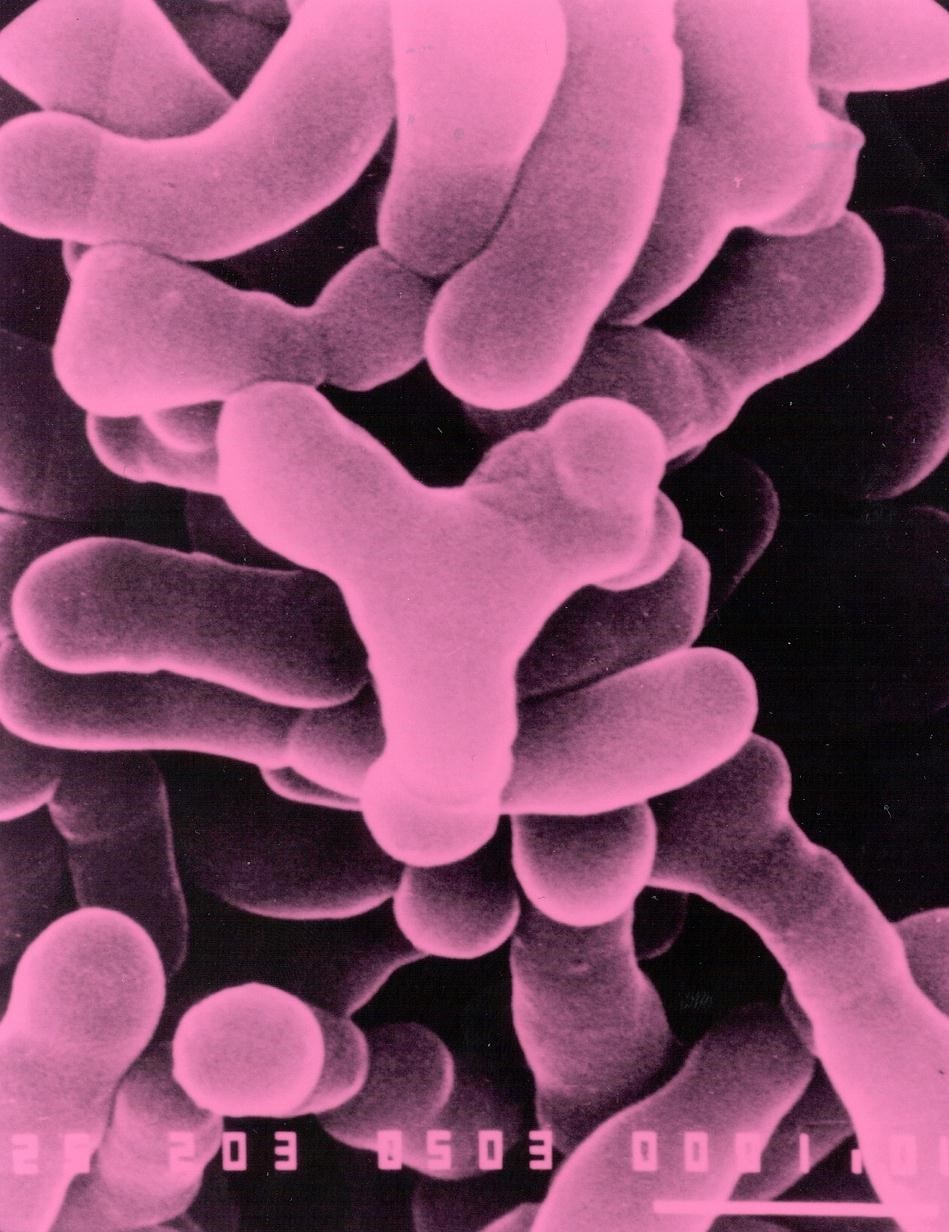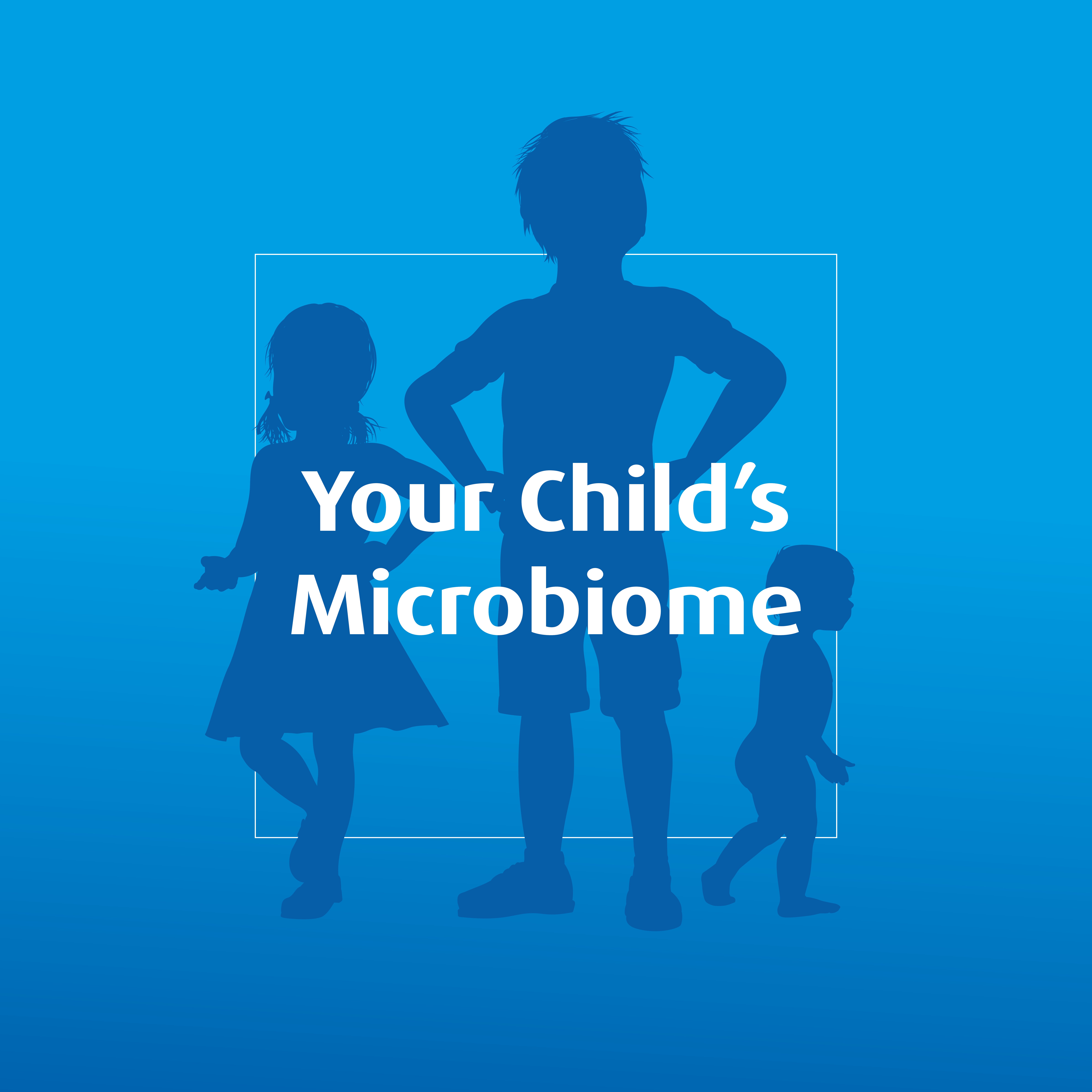Good Bacteria Found in Breastmilk
Recent research, published in the Environmental Microbiology journal, revealed that the same strains of bacteria were found in the breast milk and/or faeces of seven mother-baby pairs. These types of bacteria, Bifidobacterium breve and several types of Clostridium, are key for bowel health and play a critical role in establishing nutritional balance in the infant gut, helping to prevent future digestive disorders.
“A healthy community of bacteria in the gut of both mother and baby is really important for baby’s gut health and immune system development” says research leader Lacroix, from University Children’s Hospital Zurich.

The researchers investigated whether viable strains of anaerobic gut bacteria are shared between the maternal and neonatal gut flora via breastfeeding. The discovery that these bacteria are in fact shared between maternal faeces, breast milk and the faeces of newborn babies indicates that the beneficial bacteria can actually travel from a mother’s gut to her breast milk. This means that a specific strain among bacterial groups can potentially be carefully selected and used to support the establishment of healthy bacteria in the infant gut. The ability to select these specific strains could eventually help to reduce digestive problems such as colic, and help to promote a healthy gut. These advances could also enable formula milk manufacturers to better match human breast milk.

Bifidobacterium breve is important for infant digestive health
At this stage the route of the bacteria from the gut to the breast milk is not known, but further studies are being planned to investigate this further. They will also aim to monitor gut colonisation in infants up to the age of two, as well as the effects of different delivery methods – natural or caesarean section – on gut microbiota.
Healthcare practitioners can visit the Professionals site to read more about the role bacteria can play in infant health.
References
- Jost, T., Lacroix, C., Braegger, C. P., Rochat, F. and Chassard, C. (2013), Vertical mother–neonate transfer of maternal gut bacteria via breastfeeding. Environmental Microbiology. doi: 10.1111/1462-2920.12238


